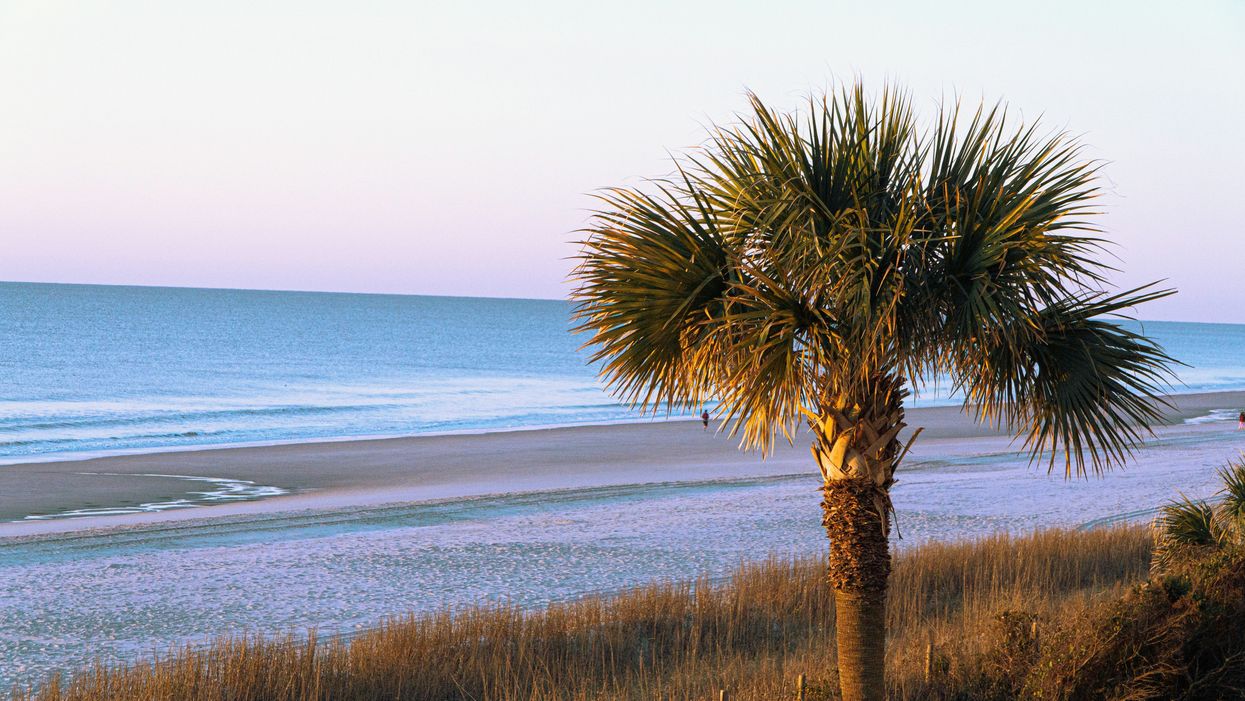
In a bid to tackle coastal erosion, South Carolina communities and environmentalists clash over the construction of erosion control structures called groins at Debidue Beach.
Daniel Shailer reports for Inside Climate News.
In short:
- Environmental advocates argue that the construction of groins could harm the North Inlet-Winyah Bay reserve by disrupting natural sand movement.
- Debidue Beach residents advocate for these structures to protect their homes from increasing erosion, highlighting tensions between climate resilience and coastal development.
- Legal challenges and confusion over state coastal management regulations underscore the difficulties of balancing property protection with environmental conservation.
Key quote:
"Equity plays a huge part in this. When you look at environmental justice communities throughout the United States, you see an intentional disinvestment in those communities."
— Omar Muhammad, executive director of the Lowcountry Alliance for Model Communities
Why this matters:
By preserving beaches, groins also support local economies that depend on tourism. On the other hand, groins can have unintended consequences. For instance, while they may accumulate sand on one side, they can also starve areas down drift of sand, leading to increased erosion elsewhere.
Disparate state, local, private and federal conservation efforts are failing to protect biodiversity. Connectivity and coordination would help, say agency scientists and conservation leaders.

 1 month ago
23
1 month ago
23
